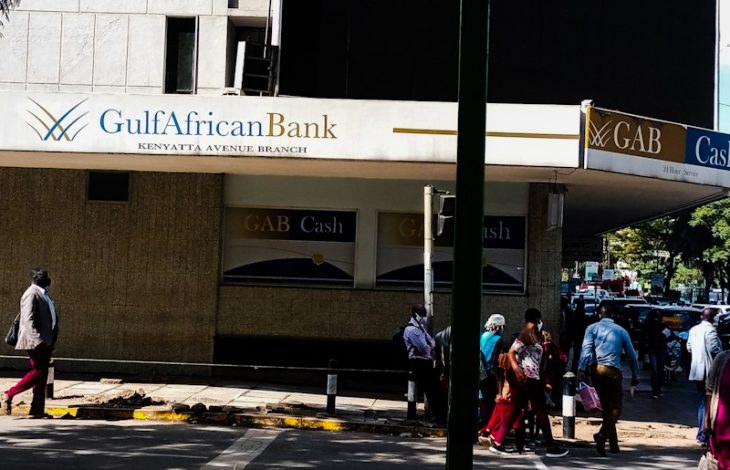Many books, articles, and research papers have explained Islamic finance. Society still knows very little about Islamic finance with all the available information. Some of the reasons cited for minimal awareness and understanding of Islamic finance include high illiteracy levels and lack of access to the available literature on Islamic finance. The use of Arabic terms and the complex methods of explaining the operations of I.F are also some of the reasons cited by the public for their lack of understanding of what I.F is.
Islamic finance examines economic activities such as consumption, production, distribution, and exchange and their results to ensure that they align with Islamic Jurisprudence. Like every other economic system, Islamic Finance is based on certain fundamental elements and founding principles. The principles followed by practitioners of Islamic Finance all come from the Qur’an and Sunnah (the teachings, actions, and tacit approvals of the Prophet Muhammad, peace be upon him).
The Qur’an and Sunnah are the primary sources of Islamic jurisprudence. Scholarly consensus and analogy are some of the secondary sources of Islamic jurisprudence. Islamic jurists derive sets of guidelines, rules, and regulations from the Qur’an and Sunnah that guide Muslims in their daily lives. An integral part of a Muslim’s life, finance or trade, also has a set of rules and regulations that guide their operations.
In Islam, there is no boundary between devotional acts and commercial matters. Any commercial activity done must be sanctioned by God and should not be against the set rules and regulations in the Qur’an and Sunnah. The underlying ruling in commercial contracts is permissibility. All financial contracts are considered lawful and acceptable if no principle of Islamic jurisprudence is contravened.
For a financial transaction to be Shariah-compliant, it must be free from:
- Riba (interest/usury)
- Gharar (excessive ambiguities)
- Maysir (gambling)
- Transactions involving prohibited commodities
a) Riba’ (interest/usury)
Riba refers “to increase; to grow up; to exceed” and is normally translated as “usury” or “interest.” Both the Quran and Hadith explicitly prohibit riba.
Qur’an:
- “You who believe, do not consume riba, doubled and redoubled. Be mindful of God so that you may prosper.” [3:130]
- “… Allah has allowed trade and has forbidden riba…” [2:275]
Hadith:
- The Prophet (peace be upon him) cursed the one who took or gave riba [Bukhari].
b) Gharar (excessive ambiguities)
Gharar means ambiguity or uncertainty. It refers to the sale of probable items whose existence or characteristics are uncertain. According to Al-Qarafi, the definition of gharar is “that which has a pleasant appearance and a hated essence.”
Numerous Hadiths where gharar is prohibited have been cited. According to a narration by Muslim on the authority of Abu Hurayra, the Prophet (peace and blessings be upon him) prohibited the pebble sale and the gharar sale.
Some of the examples of gharar include but are not limited to:
- selling “the birds in the sky or the fish in the water,”
- “the catch of the diver,” “unborn calf in its mother’s womb,”
- “the sperm and/or unfertilized eggs of camels”
c) Maysir (gambling)
Gambling is obtaining something easily without any effort. This applies to all activities where a person wins or losses by mere chance. The prohibition on maysir is often used to criticize conventional financial practices such as speculation, conventional insurance, and derivatives.
Gambling has been prohibited in the Qur’an:
- They ask you about wine and gambling. Say, “In both, there is a great sin and some benefits for people. And their sin is greater than their benefit.
The Prophet Muhammad also said:
- “Whosoever says to his companion: ‘Come let us play a game of chance or gamble’, should give charity (as atonement)” (Sahih al-Bukhari and Muslim).
d) Transactions involving prohibited commodities
Apart from Riba, Gharar, and Maysir, Islam also prohibits engaging in business activities involving pornography, prostitution, alcohol, weapons, alcohol, drugs such as cocaine, pork, related products, and any other business activity that may be deemed haram by Shariah. Any commercial transaction deemed Shariah-compliant must avoid the above prohibitions.
Therefore, everyone intending to get involved in commercial activities must be well acquainted with the knowledge of distinguishing what is halal and what is haram. This will ensure one earns a halal income and earns God’s blessings in their commercial activities. And earning Allah’s barakah (blessings) is the ultimate goal of a Muslim.
Shariah-compliant investing through Halal Funds
The easiest way to begin investing in Shariah-compliant investments is through Halal Funds.
These funds are approved by religious scholars through Fatwa (legal ruling). They are designed to meet the investment needs of everyone seeking long-term income generation and capital growth through Shariah-compliant instruments.
For the first time in Kenya, you can easily access Halal Funds from the comfort of your home via Ndovu.
Through Ndovu, you can build a personalized portfolio and an investment plan that works just for you.
As your investment partner, Ndovu puts you first and will help grow your wealth according to Islamic finance principles.
Ndovu’s Halaal Fund opens up the world of Shariah-compliant investments to everyone.
Khusoko is now on Telegram. Click here to join our channel and stay updated with the latest personal finance news and updates.




